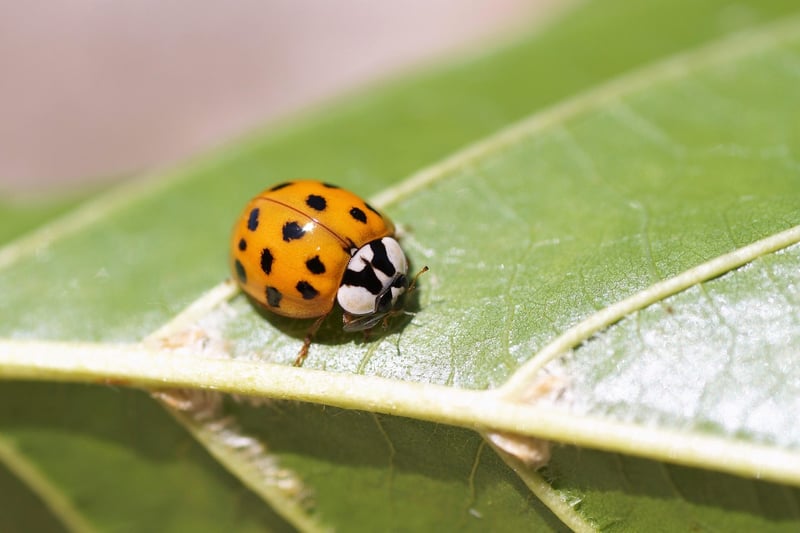Eco-friendly Practices
Environmentally Conscious Gardening and Eco-Friendly Practices
In today's world, the importance of environmentally conscious practices cannot be overstated. This holds true even in the realm of gardening, where eco-friendly techniques can make a significant positive impact on the environment. By adopting sustainable gardening practices, you can create a beautiful garden while also minimizing your carbon footprint and reducing waste. Let's explore some tips for environmentally conscious gardening:
1. Use Native Plants
Native plants are well-adapted to the local climate and require less water, fertilizer, and pesticides compared to exotic species. By incorporating native plants into your garden, you can support local biodiversity and reduce the need for chemical inputs.
2. Compost Kitchen Waste
Composting is an excellent way to reduce waste and create nutrient-rich soil for your plants. By composting kitchen scraps such as fruit and vegetable peelings, you can minimize landfill waste and improve soil health in your garden.
3. Collect Rainwater
Installing a rainwater harvesting system allows you to collect and store rainwater for later use in watering your garden. This eco-friendly practice helps conserve water, reduce your water bill, and lessen the strain on local water resources.
4. Avoid Chemical Pesticides
Chemical pesticides not only harm pests but also beneficial insects, birds, and other wildlife. Instead of relying on harmful chemicals, consider using natural pest control methods such as companion planting, insect-repelling plants, and beneficial insects like ladybugs.
5. Mulch and Mulch Again
Mulching your garden beds helps retain moisture, suppress weeds, and improve soil structure. Organic mulches like straw, wood chips, or leaves break down over time, enriching the soil with nutrients. Be sure to replenish mulch regularly to maintain its benefits.
6. Practice Crop Rotation
Rotating crops in your vegetable garden can help prevent soil depletion, reduce pest and disease pressure, and improve overall soil health. By diversifying the plants you grow in each bed seasonally, you can maintain a balanced ecosystem in your garden.
By implementing these environmentally conscious gardening practices, you can create a sustainable and eco-friendly garden that benefits both the environment and your well-being. Let's all do our part to protect the planet and promote biodiversity through our gardening efforts!






